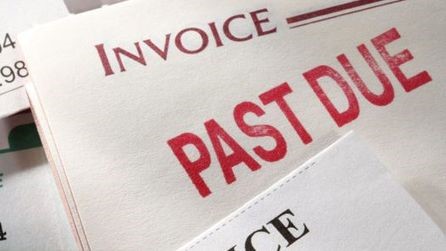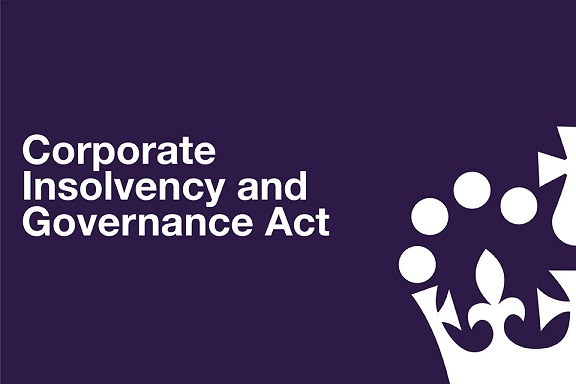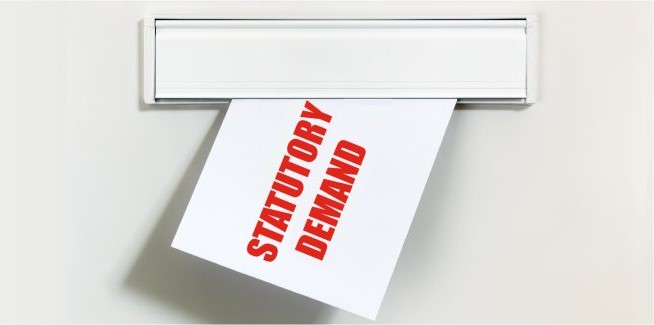Posts Tagged ‘winding up petition’
Commercial Debt Collection: Challenges and Best Practices
Commercial debt collection is the process through which outstanding debts owed by commercial entities are recovered, typically stemming from goods delivered or services rendered on credit terms. In this blog, we’ll delve into the intricacies; exploring its significance, processes, challenges, and best practices. Understanding the Commercial Debt Collection Process At its core, commercial debt collection…
Read More50% increase to bankruptcy and liquidation fees
Just months after lifting the temporary restrictions on winding-up petitions, the Government has revealed plans that will make it harder for thousands of SMEs and microbusinesses to collect debts and force debtors into insolvency procedures. The Insolvency Service plans to hike in the cost of two key payments later this year. Firstly, the deposit a…
Read MoreHow to obtain winding-up orders and petitions in 2022
Following the lifting of the Government’s CIGA 2020 restrictions last month, creditors are once again free to present winding-up petitions to insolvent companies that owe £750 or more. Subsequently, we thought you’d like some tips and advice on how best to utilise winding-up orders and petitions in 2022. You should move swiftly against any company…
Read MoreInsolvency and debt recovery specialists
Last month, the Government lifted the insolvency restrictions introduced to combat the Covid-19 pandemic. In particular, the repeal of Section 10 of the Corporate Insolvency and Governance Act 2020 (CIGA) should please creditors. Creditors were still able to obtain winding-up orders. However, Section 10 of the act compelled them to: Only pursue debts of £10,000…
Read MoreEnd of temporary insolvency measures
Last week, the Government withdrew the temporary insolvency measures introduced two years earlier to support businesses during the Covid-19 pandemic. Creditors could obtain winding-up petitions under the temporary legislation (enacted as part of the Corporate Insolvency and Governance Act 2020). However, the debt threshold for winding-up petitions increased to £10,000 and creditors were compelled to:…
Read MoreHow to challenge a statutory demand
Company directors, business owners, and individuals can expect to receive more statutory demands in 2022 compared to previous years. Why? Covid-19 has forced many people and companies to give more credit than usual, and making a statutory demand is the first thing they’ll do when attempting to recover overdue debts. A statutory demand is a…
Read More




